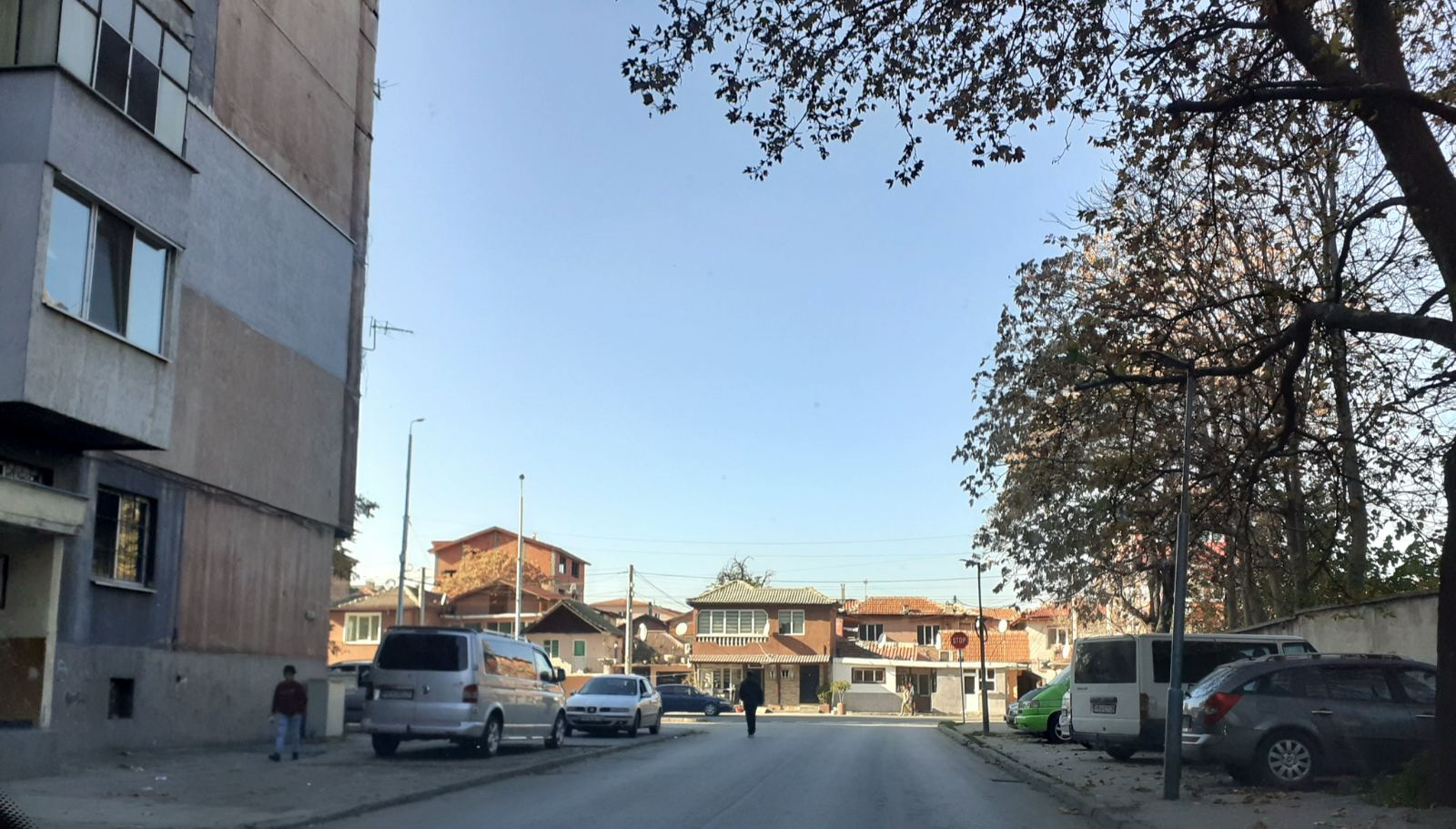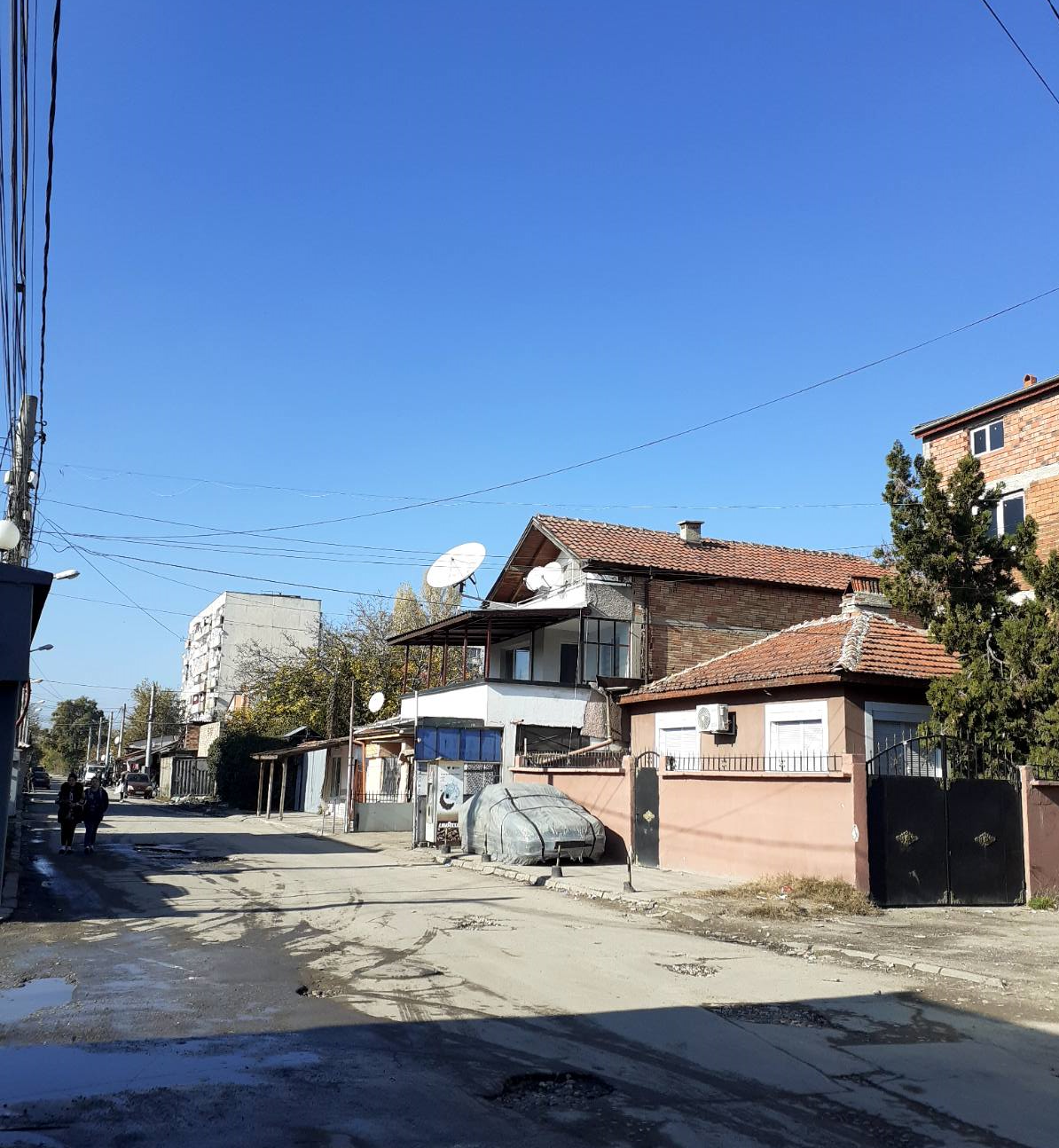Unemployment and the impossibility of online education.
From “Voices of Stolipinovo”
During COVID-19’s first wave and the lockdown in Bulgaria in March and April, people in Stolipinovo faced a worsening situation and problems. We saw how fragile normalcy is, how easily everything can deteriorate, and how important is to show solidarity and help each other in this crisis.
Our first big challenge was the massive loss of jobs and increasing unemployment
In March, the threat of the coronavirus still seemed far away. But because the entire country and Europe were locked down, many people were laid off. Most worked in construction and food industries. Many of the people living here said, “It’s as if we don’t even have the right to live,” thinking that they were among the first to lose their jobs because they belong to a minority group. Many people from Stolipinovo, working and living in Germany also lost their jobs and returned.
Because they do not have official contracts, they work in the grey economy, or because of the heavy bureaucracy, it has been difficult and virtually impossible for many people who lost their jobs to obtain the necessary documents for unemployment benefits. This means that the majority of the unemployed did not receive and do not receive any support from the state.

After the loss of work and lack of income came deprivation
Families immediately cut spending on everything but the most basic item – food. Internet and television were cut. Any other luxury goods were impossible to afford. People sold or pawned their gold possessions or jewellery for money for food. Many in need also resorted to quick and risky loans.
During the COVID crisis, the community has understood and demonstrated the importance of supporting those in greatest need. Many people living and working abroad, mainly in Germany, sent money home for food for the poorest families.
After surviving the first wave, we are now seeing it all repeat again. The main difference is that there are many more infected by the virus and people are scared about getting COVID-19. The insecurity is growing, and there is now a visible fear of fights and theft.
Our neighborhood is very large, and there are accessible medical centers with GPs and specialists, kindergartens and nurseries, as well as schools. There are areas, however, where families live without electricity and water, as well as many overcrowded households and precarious living conditions. It is difficult to keep a social distance in these circumstances.
Because we work with young and pregnant women and mothers, we know about efforts to protect them from the virus. For example, only pregnant women are allowed to go for check-ups in the neighbourhood’s medical center on Tuesdays and Thursdays. This helps minimize the risk of getting infected while waiting in overcrowded waiting rooms.

In addition to growing unemployment, another big challenge we all face because of the COVID-19 crisis concerns distance education and learning for students
The biggest problem is the lack of digital devices and internet access for many families and students.
Over the past three months from September to December, parents have often shared that they prefer their children to be at home, because they see schools as a possible source of infection with COVID-19. However, home learning is not effective in all family contexts, especially in those where there is a lack of internet access or language barriers. In October, before schools were officially closed, some of the schools in the neighborhood spoke with parents to gauge their support for distance learning during the current second wave of the coronavirus.
Unfortunately, distance learning creates additional inequalities among many families and students, especially those living in the most difficult conditions. There are very many families who do not have digital devices and internet access at home. In these cases, children and students rely on paper-printed handouts with instructions, lessons, and assignments, distributed and collected by educational mediators. But the big problem here is that for many families, Bulgarian is not the language spoken at home. These parents find it difficult to help their children with schoolwork. The children try to translate the handouts and assignments, and the parents try to help. But this is very complicated and not an ideal educational process. As a parent of students, I personally find it very important when I get back home from work to spend some time helping my children with the homework if they need it. And the children that have no one to help them lag even further behind. The teachers themselves are really worried that they cannot control the learning process very well, as they cannot follow the reactions of the students, and the lag will be difficult to catch up on later.
The state’s support for students has been extremely insufficient. During the first wave, the help was just cucumbers and yellow cheese distributed to the students for snacks.
Staying at home also affects the psyche of children and teenagers. For many of them, the home space is rather crowded with other family members and they do not have proper space for learning. They cannot go to play with other friends outside due to social distancing. And all this is vital for their normal development and socializing.
It will be very difficult to find a new normality after the end of the COVID crisis. There have been so many emerging and complex problems that have accumulated over the past months.

